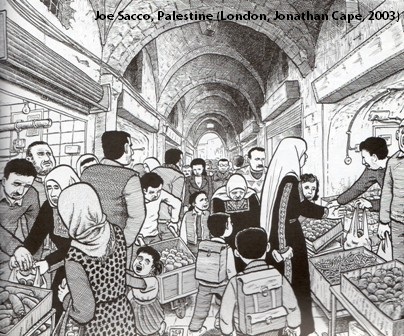Orientalizing Vietnam: The American Cold War, its “Problems” with Refugee Handicraft Artisans, and their Relationship to Barthes’s Mythology
DOI:
https://doi.org/10.13130/2035-7680/2583Keywords:
Vietnam, Orientalism, mythology, refugee, handicraft, salvageAbstract
This paper examines discourses of orientalism narrating the political and cultural significance of representations of Vietnamese handicraft that the U.S. State Department’s International Cooperation Administration’s handicraft production and export program in Southeast Asia published in American craft, design and art journals and used in trade and department store exhibitions from 1955 to 1961. The American program to bring economic stability to the region developed in response to anxiety about the spread of communism in Southeast Asia, which intensified following the end of the first Indochina War, the French departing Vietnam in 1954 and Vietnam dividing at the 17th Parallel a year later.
At issue are the ways those who implemented the program narrated the Vietnamese handicraft artisans as problems by treating both their plight as political refugees fleeing from communist forces in the north and the vulnerability of their fledgling nation in the south to communism, as a Cold War American Orientalist tale of the U.S. salvaging Vietnam from political uncertainty including the destruction of its potential democracy and capitalism. To this point, the Orientalizing saturates Russel Wright’s article, “Gold Mine in Southeast Asia,” which overlays relationships of Western power and civilization as well as anthropological notions of salvage over references to the ways an ostensibly timeless albeit primitive culture of a non-western society (Vietnam) could maintain its essential identity by serving the needs of an overly industrialized one. Of particular interest are thematic correspondences between the Orientalist thrust of the American cultural diplomacy as evidenced in Wright’s article, and Roland Barthes’ early work, especially “Myth Today”.




